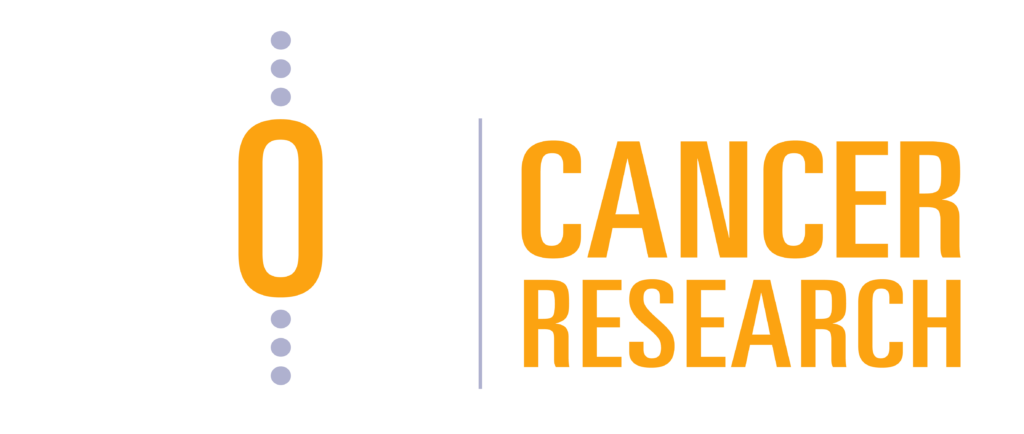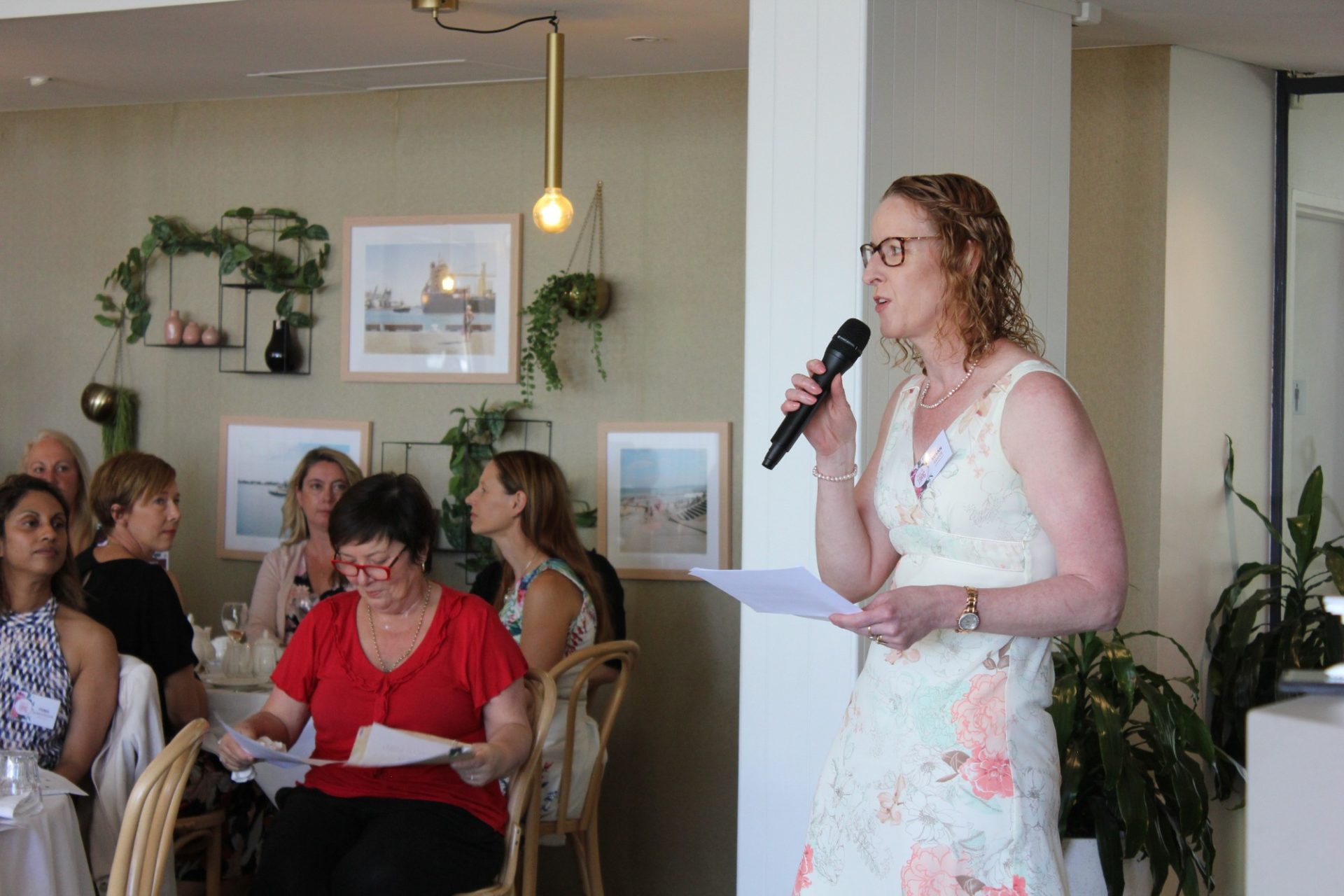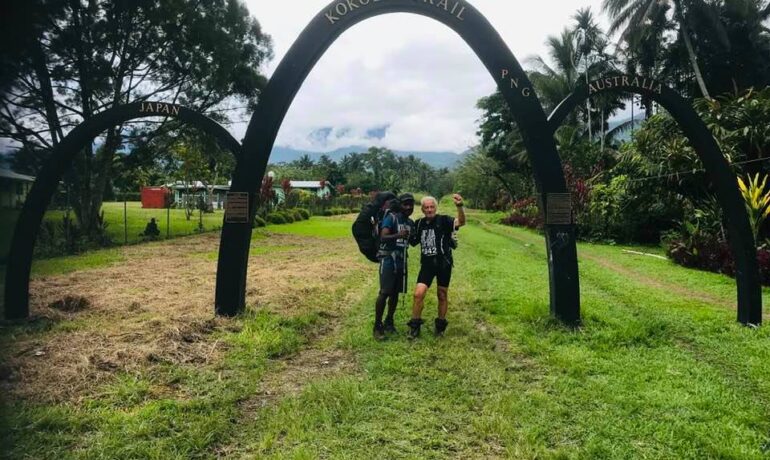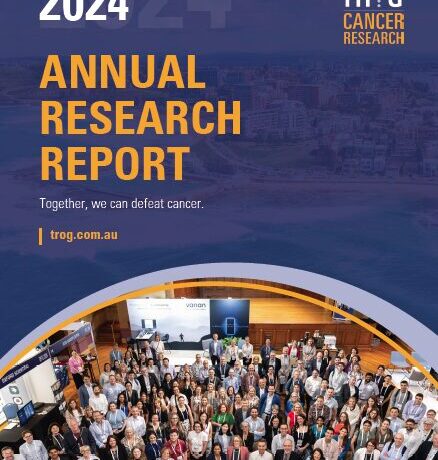Over three decades, TROG Cancer Research has facilitated hundreds of clinical trials that have involved more than 14,500 cancer patients and helped improve the outcome and quality of life for thousands more cancer patients globally.
Over that time, the prognosis of cancer patients has improved considerably: in the 1980s, the cancer survival rate was less than 50 per cent. Today for some cancers, the survival rate is as high as 90 per cent.
Providing hope to people with all cancers through one treatment – radiation therapy – TROG Cancer Research has become one of the largest clinical trial groups in Australia and New Zealand working with hospitals, universities, cancer centres and the wider community.
TROG Cancer Research’s CEO, Susan Goode, said it was hard to believe that 30 years have passed since the organisation was founded in 1989.
Susan acknowledged the unwavering support of the medical and Australian/New Zealand community as a significant contributor to the organisation’s success.
“We’ve come a long way since our humble beginnings in 1989 when members of seven radiation therapy centres across Australia and New Zealand formed a clinical trial group to advance the study of cancers that could be treated with radiation therapy,” Susan said.
“Today, we have medical professionals approaching us from around the world with new ideas on how to use radiation therapy to improve quality of life and treatment of a specific cancer disease. One in two cancer patients could benefit from radiation therapy, so the research we conduct is vital.
“By collaborating and bringing to life these concepts in a managed environment, we’ve been able to achieve great advancements in cancer patient care and outcomes that have changed the way patients are treated worldwide.”
TROG Cancer Research trials have been run in more than 200 hospitals and cancer centres in urban hubs and regionally around the world, including Australia, New Zealand, United Kingdom, Asia, Canada, Europe and South America.
Radiation Oncologist and Associate Professor, Jarad Martin, is amongst many long-term TROG Cancer Research members who have had a significant impact on cancer treatment worldwide through radiation therapy research.
Jarad has contributed to research into an approach that has improved options for patients with prostate cancer. Jarad’s findings are now being used by medical facilities globally and have resulted in a reduction of treatment time from eight weeks to just four weeks with five medical visits for prostate cancer patients.
Jarad said TROG Cancer Research’s clinical trial models are now recognised as a vital mechanism to improve healthcare in Australia and overseas.
“There’s a real legacy from what TROG Cancer Research has achieved over thirty years. Their approach to clinical trials that focus on collaboration over competition is being emulated by other organisations,” Jarad said.
“They give opportunities to researchers by providing a vehicle to make their research possible. For me, that opportunity has transformed and improved the way a lot of people with prostate cancer are treated.
“TROG encourages and harnesses new ideas and brings people together virtually from around the world so we can tap into what I call the world brain to produce real results for patients.”
While over 30 years of technological advancement in radiation therapy and a better understanding of tumour biology have improved the efficacy of radiation therapy resulting in improved quality of life and treatment options, Susan said there is still more work to be done.
“Although our clinical trials have facilitated great advancements in the way that different cancers are treated and have improved the quality of life for patients, there’s still much to be done to continue to increase cure rates, minimise side effects and improve the patient experience,” Susan said.
“Radiation therapy remains an important curative treatment option, however ongoing research is still needed to ensure we can progress the ways we use this advanced technology to outsmart the many strains of the disease and also enable patients to maintain their quality of life both during and after treatment.”
TROG Cancer Research has facilitated over 100 cancer research trials over 30 years to enable researchers and health care professionals to understand cancer better and discover more effective ways of managing and treating it.
Related Post
Cancer Survivor to Take on Fifth Kokoda trek to Support TROG
LATEST NEWS: 26 June 2025 He may be 76
TROG 2024 Annual Research Report highlights a year of achievements
LATEST NEWS: 24 JUNE 2025 The latest annual report
